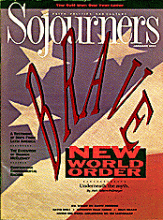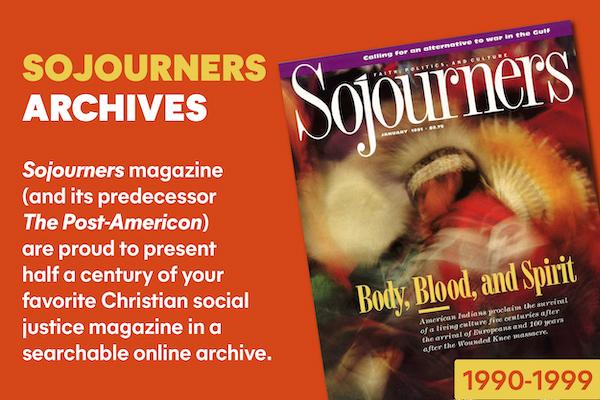Though culture and church still tend to view spirituality as withdrawal from the world of activity, Parker Palmer offers a refreshing perspective on the integration of action and contemplation in the spiritual life. Readers who have felt guilty or incomplete over their inability or disinclination to live more of a contemplative life will find a kindred spirit in Palmer, who shows how action and contemplation are two movements of the same symphony. His method is reflection on stories and poems that explore the nature of, motives for, and direction of human action.
Palmer writes about acting out of one's own truth, gifts, and insights. This kind of action arises out of being in possession of one's own heart, identity, and integrity. It is not reaction nor is it motivated by desire for success, relevancy, or control. He illustrates these points with a poem about a woodcarver who has been commanded by a prince to build a bell stand, which turned out to be a masterpiece. When asked about the secret of his success, the woodcarver replied:
I guarded my spirit, did not expend it
On trifles, that were not to the point.
Fasting enabled him to forget wanting approval; his spiritual discipline allowed him to collect himself and focus on the bell stand. The story invites reflection on motives for action.
Read the Full Article

